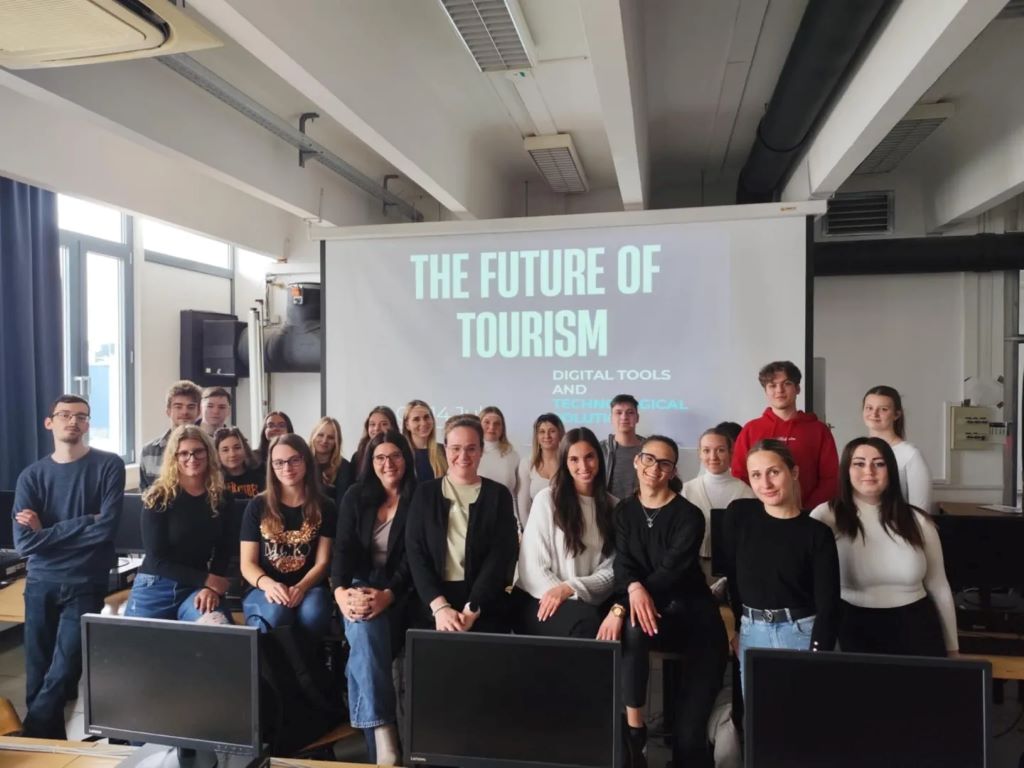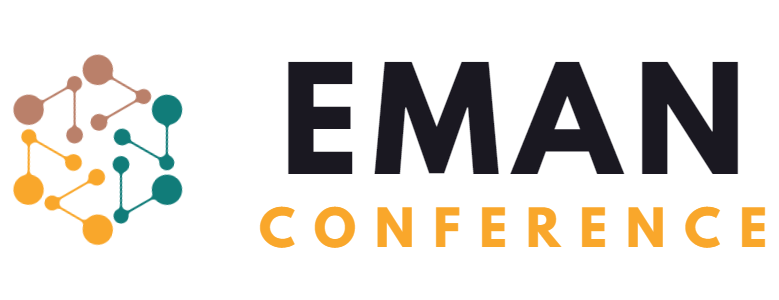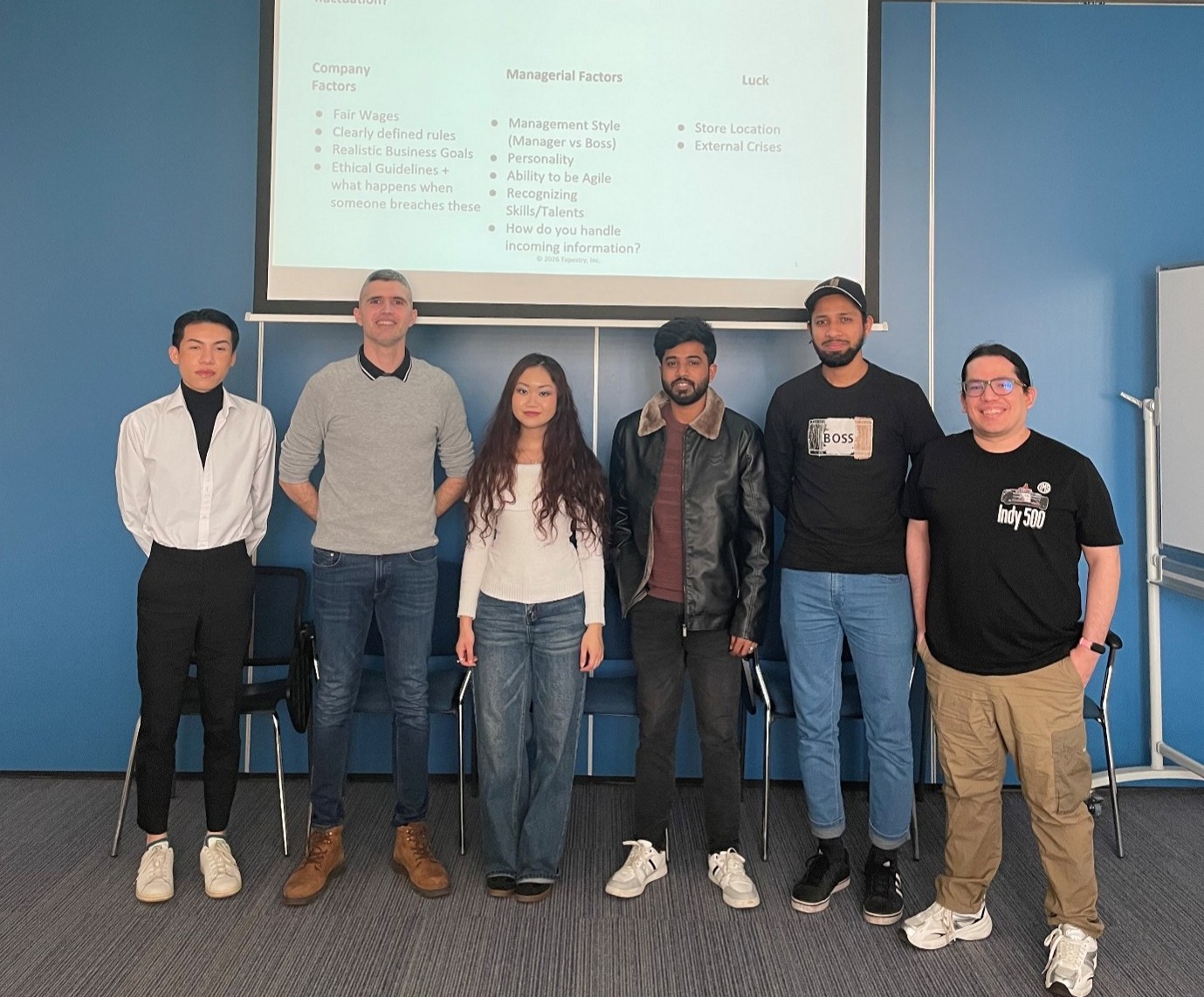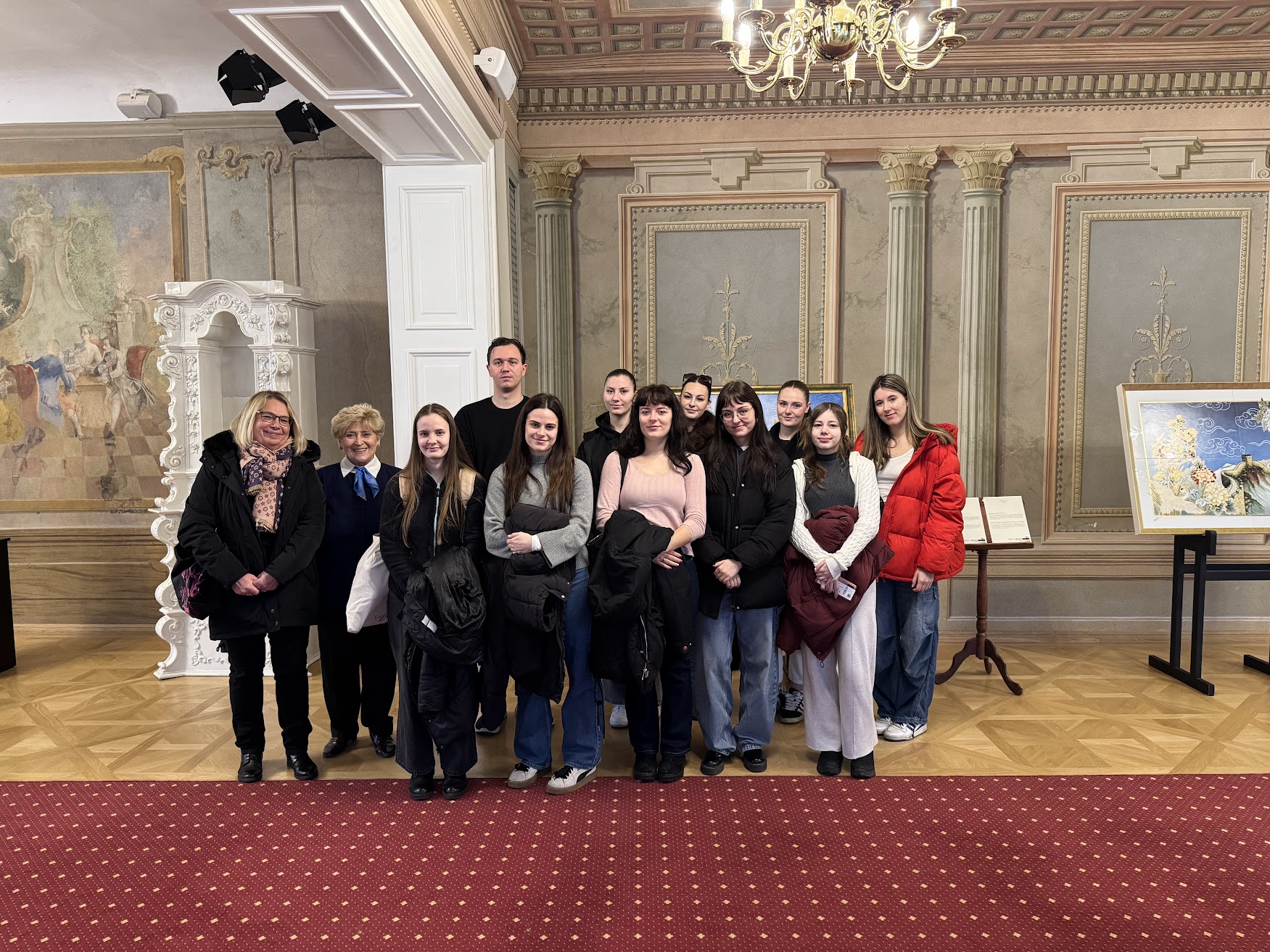The Tourism Event Management course in the spring semester of 2025 was enriched with a variety of programs, including a professional field trip, a guest lecture, and summer school event planning tasks. The students had the opportunity to complement their theoretical knowledge with practical assignments, allowing them to apply their experiences in tourism and event management in real-life scenarios.
Nikolett Orbán, a second-year student, and Erzsébet Dr. Printz-Markó participated in the MaReSz (Hungarian Association of Event Organizers and Service Providers) professional conference at the Ensana Hotel on Margaret Island in Budapest. The conference included a session for venue managers, where company leaders discussed their daily challenges and future plans. Nikolett shared that the insights gained at the event strengthened her interest in pursuing this field in the future. She also found the Event Hub evening program to be intriguing. Nikolett expressed her gratitude for the support of Viktória Dr. Kundi, which enabled her participation. From the perspective of the lecturer, Erzsébet Dr. Printz-Markó noted that the experience was particularly beneficial, as it not only provided Nikolett with professional knowledge but also motivated her in her career planning.
A great success during the spring semester of 2025 was the guest lecture by Patrik Lendvay, titled “Event Organizer’s To-Do List Through the Example of Lendvay Event.” During the lecture, Patrik introduced his own events to demonstrate the necessary steps for organizing a successful event. Through his authentic, personal examples, students gained a realistic view of the practical challenges and solutions in event planning. The guest lecture also provided an opportunity for Patrik to reflect on his own professional journey and share his experiences. For the lecturer it was especially valuable as it made the course content more engaging and accessible. Students actively participated in the discussion, contributing to the interactive atmosphere with their questions and feedback. Several students mentioned that Patrik’s examples helped them better understand the importance of planning, time management, and collaboration with partners. Special emphasis was placed on handling unexpected situations and the role of flexibility in the profession. The experiences not only served as inspiration but also provided practical knowledge for the next generation of event organizers.
As part of the course, students solved a truly realistic and practical task: they worked on the leisure programs for the #TASA Network’s 2nd Summer School, “The Future of Tourism – Digital Tools and Technological Solutions,” which will take place in July 2025 in Győr. The students prepared creative ideas, detailed program descriptions, cost calculations, and visually appealing posters for international participants. The task required not only creativity but also precise planning, marketing, and financial thinking. The students’ work was evaluated by Éva Dr. habil. Happ, the event’s main organizer, who provided direct feedback on real-world market expectations.
Eliza Raffai and Erzsébet Dr. Printz-Markó closely monitored the process, helping the students during the in-between sessions. The main organizer gained valuable ideas and fresh perspectives from the students. For the lecturer this project was especially valuable from a methodological standpoint, as it allowed for the development of teamwork, presentation skills, and problem-oriented thinking. For the students, this task offered a unique experience in professional practice and event management. As a continuation of the project, students can not only apply to attend the summer school but also take on active roles in organizing the leisure programs as animators and hostesses, thus seeing their plans through to execution.


Photo: MaReSz, Erzsébet Printz-Markó PhD







